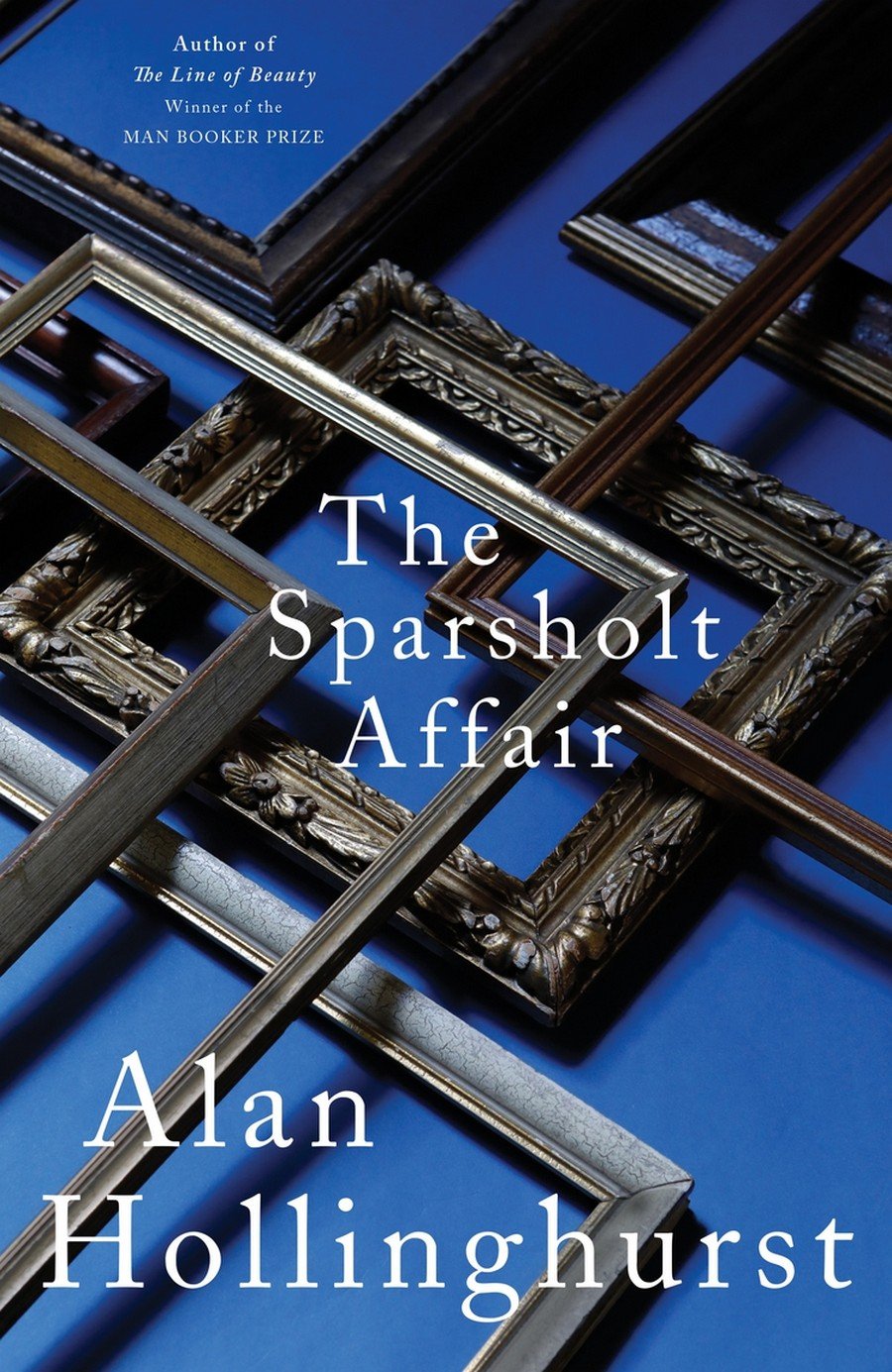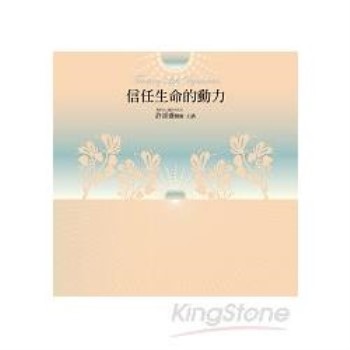《陌生人的孩子》、《美的線條》作者、曼布克獎得主艾倫.霍林赫斯特新作
1940年10月,二次大戰初期,David Sparsholt來到牛津大學。這個迷人的年輕大學生、實習戰鬥機飛行員如同俊美的阿多尼斯降臨,輕易吸引、擄獲了每個遇見他的人──無論男人或女人。
尤其是Evert Dax和Freddie Green。兩人都是有抱負的年輕藝術家,他們迅速為Sparsholt的魅力折服,即使當時的道德規範使他們對美學、浪漫等事物的野心與企圖變得複雜。
整部小說橫跨了三代的Sparsholt家族,艾倫.霍林赫斯特帶領我們跟隨時間的推移,看見1960年代成了富有實業家的David,他自己的兒子Johnny為一名英俊的法國交換學生神魂顛倒,如同當年為他心折的Dax,掙扎型塑自身對於身份與性的認知;1970年代,Johnny成為了畫作修復師,並偶然與父親牛津大學時的友人Dax相遇,同時,父親在1966年爆發的那宗醜聞始終籠罩著Johnny的感情關係;而後故事來到Johnny的女兒Lucy,以及最後,結束於2010年代的倫敦。
本書主題看似是霍林赫斯特之前幾部作品的集合,但《The Sparsholt Affair》所探討和呈現的比他之前的作品都更為廣闊,也更為溫柔。艾倫.霍林赫斯特擅長透過回憶和間接的描述呈現故事,並賦予他的文字及文字之外未言明的事物同樣的重量,在本書中,霍林赫斯特再次展現深厚的寫作功力、豐富廣博的背景知識,以及對人類欲望銳利的觀察,重現了上個世紀最關鍵的社會和性改革,描繪了時代巨變下的情慾和顧忌,將緊緊攫住讀者的目光。(文/博客來編譯)
In October 1940, the handsome young David Sparsholt arrives in Oxford. A keen athlete and oarsman, he at first seems unaware of the effect he has on others – particularly on the lonely and romantic Evert Dax, son of a celebrated novelist and destined to become a writer himself. While the Blitz rages in London, Oxford exists at a strange remove: an ephemeral, uncertain place, in which nightly blackouts conceal secret liaisons. Over the course of one momentous term, David and Evert forge an unlikely friendship that will colour their lives for decades to come . . .
Alan Hollinghurst’s masterly new novel evokes the intimate relationships of a group of friends bound together by art, literature and love across three generations. It explores the social and sexual revolutions of the most pivotal years of the past century, whose life-changing consequences are still being played out to this day.
Richly observed, disarmingly witty and emotionally charged, The Sparsholt Affair is an unmissable achievement from one of our finest writers.
各界讚譽
Few writers' prose can throw a party as easily as retire to the library as Hollinghurst's-Spectator
Mr. Hollinghurst's great gift as a novelist is for social satire as sharp and transparent as glass, catching his quarry from an angle just an inch to the left of the view they themselves would catch in the mantelpiece mirror.-The New York Observer
Hollinghurst can make language do what he wants . . . It makes a lot of contemporary fiction seem thin and underachieving.-Evening Standard












